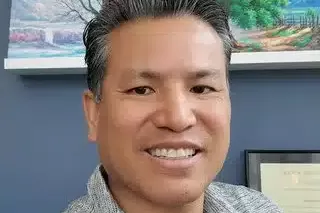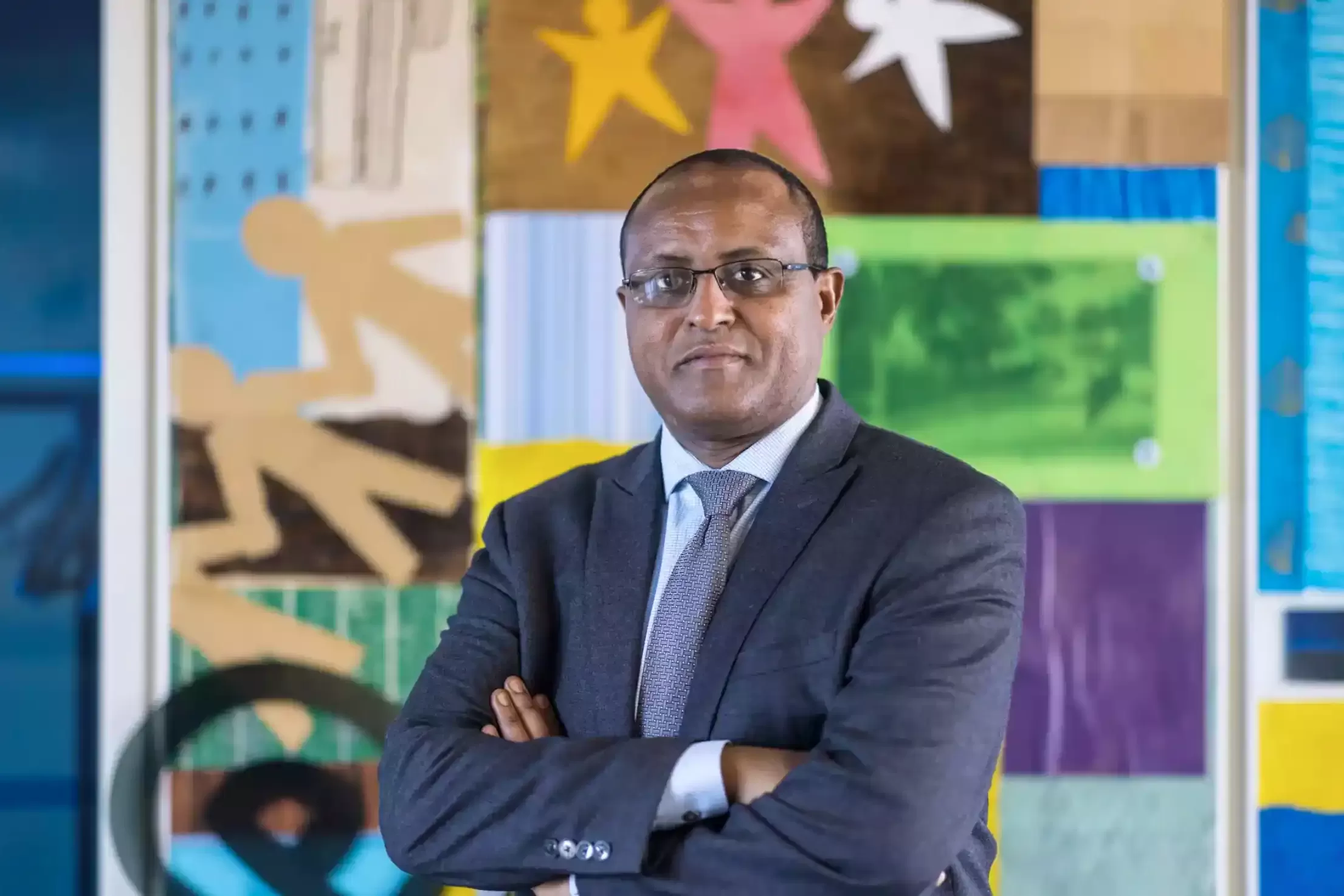For many years, the United States has been a destination for individuals seeking better opportunities and those escaping oppressive conditions in their countries of origin. While the journey of relocation can offer the promise of a brighter future, it often brings forth a unique set of challenges, particularly for those in need of mental health services.
Overcoming these challenges and cultural stigma is crucial to ensuring effective communication and a better understanding of the unique set of circumstances faced by African and other immigrants on the part of administrative and clinical providers of mental health services.
This is where Safeway Home Healthcare’s Adult Rehabilitative Mental Health Services (ARMHS) comes in.
As a part of the community ourselves, we sat down with three unique leaders—a community member, a doctor, and a mental health counselor. We learned their perspectives on how the lack of mental health services impacts immigrant communities in the Minneapolis-St.Paul area.
It is always our goal to learn from the communities we serve. Learn about their perspectives below.
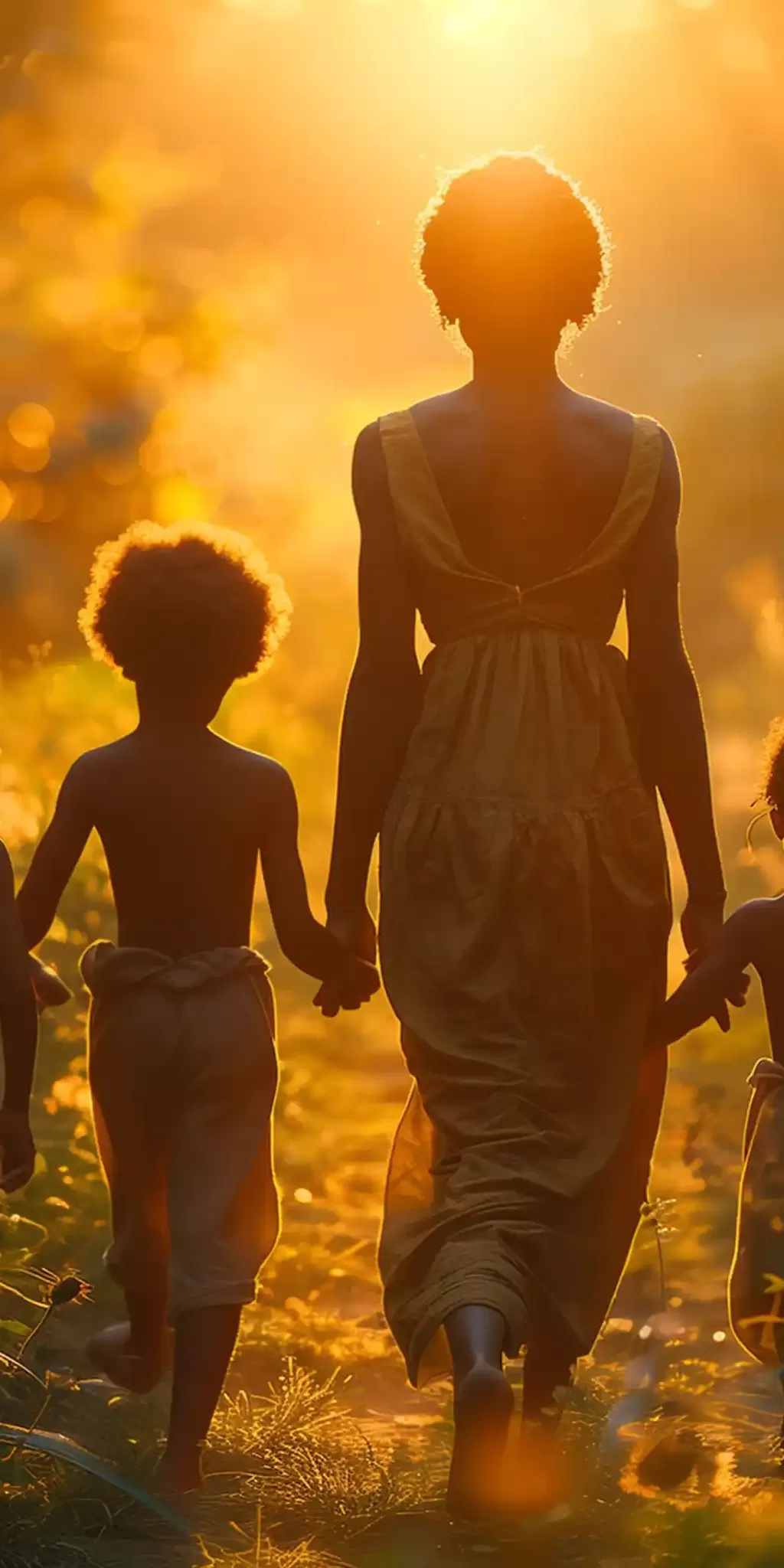
Emeldah: The Strength It Takes to Seek Mental Health Help
Want to learn about a remarkable story about motherhood, mental health and overcoming community stigmas on mental health?
Emeldah Mwansa is a 68-year-old mother of three adult children and four grandchildren from Zambia in Central Africa. With a background in banking and finance, Emeldah was a high-functioning individual who would have been considered successful by most standards. There were many factors that influenced her decision to emigrate to the United States in 1994, among them being a significant shift in the political climate in Zambia.
Unfortunately, the practical challenges and stressors associated with their relocation began to take a toll on her children.
“Issues started with my children when we moved here,” Emeldah says. “My youngest daughter joined the army when she graduated from high school.” Her daughter planned to use the army’s education benefits to pay for college and ultimately become a medical doctor.
Still, everything changed when the illness started.
As is the case with many in the African immigrant community, unfamiliarity with the nature of mental health issues coupled with the cultural stigma associated with them in their homeland made identifying and addressing the problem even more of a challenge.
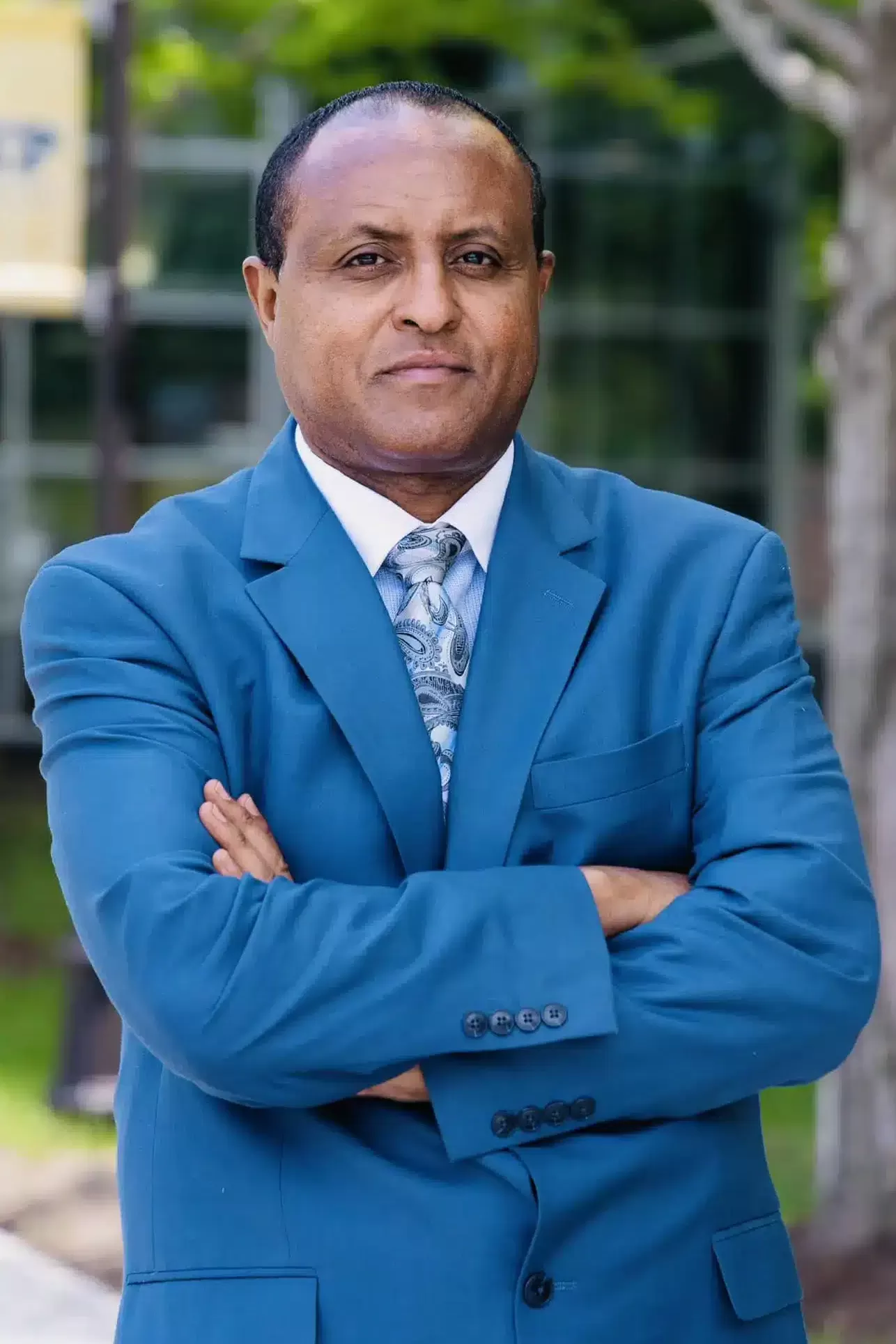
Dr. Abe: A Mental Health Leader for a Community in Need
Being a leader in your community is challenging. Listen to Dr. Abe Gebeyehu speak on his journey as a leader in mental health for African immigrant communities.
Dr. Abe Gebeyehu is a school-based Mental Health Therapist at Kofi Services, a Wilder Foundation organization in the Minneapolis/Twin Cities area, where he is considered a mental health pioneer in the local community. His is a story of what it means to be a leader in his field, and how other community leaders can be empowered to normalize mental health in immigrant communities.
When meeting his client’s needs, he takes a patient-centric approach with a structural treatment focus. “I visit families where they are and bring in other resources when further services are required. I act as a connection between the school and the family, supporting when obstacles to achievement occur.”
Explore Dr. Abe Gebeyehu’s pioneering journey in Mental Health in the Twin Cities Immigrant Community. Understand the impact of leadership and empathy in creating positive change. Click to read and be inspired.
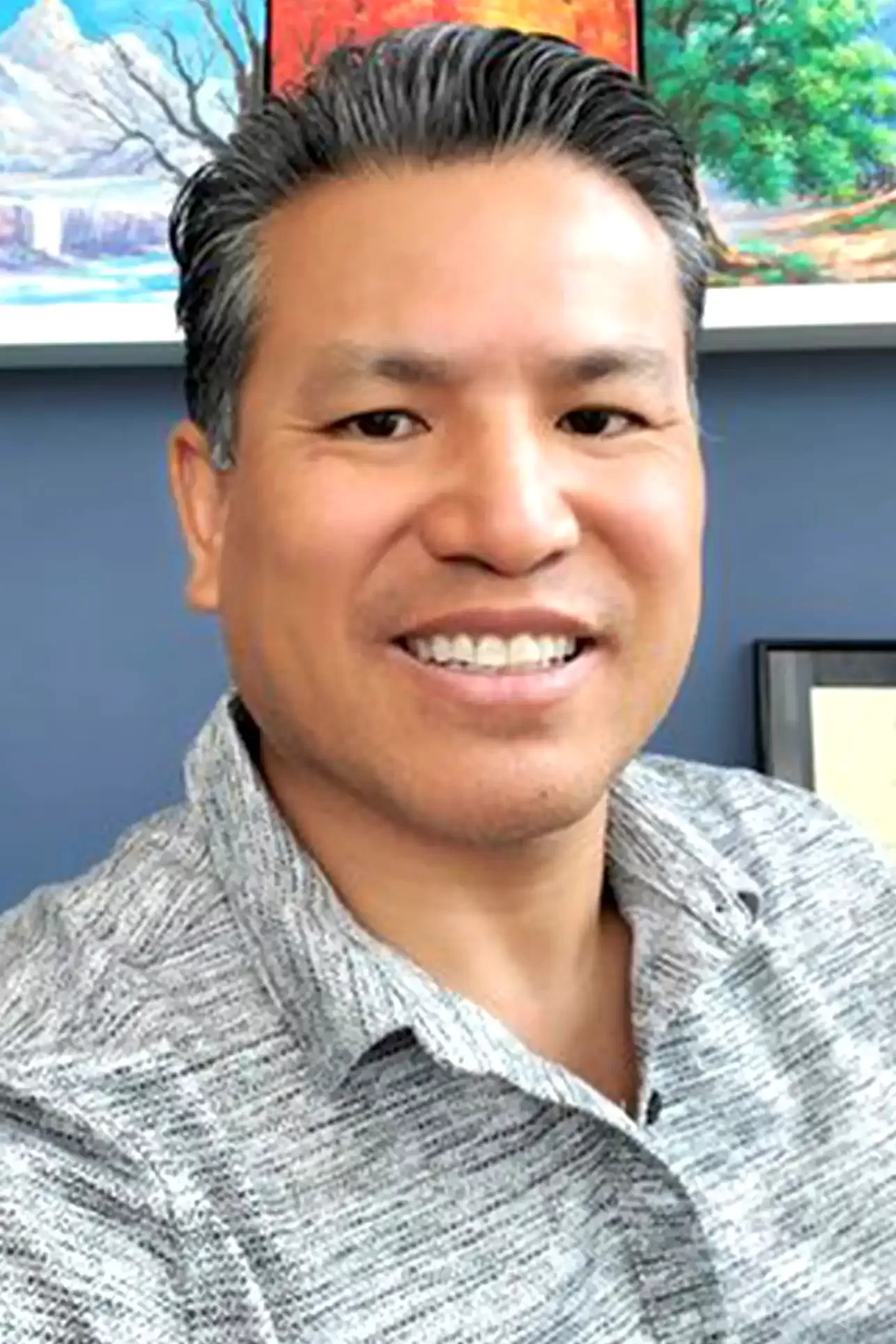
Keo: Being a Licensed Trauma Specialist for Immigrants
Choosing to enter the field as a clinical counselor is an outstanding and noble feat. Listen to Keo Sengsavang speak on what it has been like trying to maneuver this field over the past few decades.
Keo Sengsavang is a licensed professional clinical counselor in the state of Minnesota. He is also an outpatient therapist, consultant, and business owner. Since 2010, he has been involved in serving the immigrant and refugee populations and underserved communities in the Twin Cities area. He became involved in Adult Rehabilitative Mental Health Services (ARMHS) in 2011 while doing his internship.
After emigrating to the US from Laos with his family when he was nine, Keo recalls struggling to transition to the new culture. This, he believes, is what helped to drive his interest in psychology, psychiatry, and psychiatric care in general.
Read the full story here and discover how his own experiences shaped his dedication to supporting those in need.
Share
Subscribe To Our Newsletter
Safeway HHC Contributors
Our dedicated team of home health care professionals works closely with clients and their families to develop a personalized care plan that reflects their values and priorities. We strive to empower our clients to take an active role in their care and to make informed decisions about their health and well-being.
Related News
April 11, 2024
Trauma and Keo, a Licensed Clinical Counselor
Cultural stigma, misunderstanding, language barriers, financial constraints,…
April 2, 2024
Dr. Abe: A Mental Health Leader for a Community in Need
Whether new arrivals, permanent residents, or naturalized citizens, African…
March 25, 2024
Emeldah: The Strength It Takes to Seek Mental Health Help
Emeldah Mwansa is a 68-year-old mother of three adult children and four…
